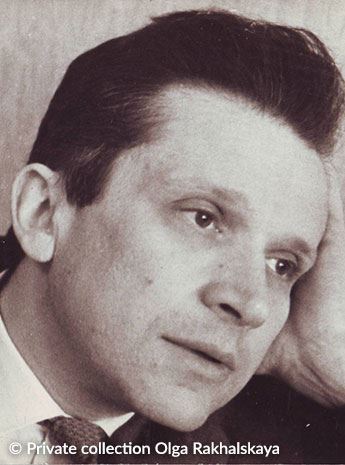
Mieczysław Weinberg (1919 - 1996)
Like his friend and mentor, Shostakovich, Weinberg was a composer and pianist, whose career progressively emphasized the former rôle at the expense of the latter. From the age of twelve, after an initial period of self-tuition and some experience in his father’s band of theatre musicians, he began taking piano lessons from one Mrs Matulewicz (first name unknown), who ran a music school in Warsaw and who soon realised that his talent would be best nurtured at the Warsaw Conservatory. There he came under the supervision of Józef Turczynski (1884–1953), a pianist and pedagogue of considerable repute.
From the age of fifteen Weinberg had to help support the family income by performing at weddings and in bars and restaurants. At the same time he mastered repertoire as advanced as the Liszt Sonata in B minor and also found time to appear in concert, winning positive reviews for his part in the premières of Andzrej Panufnik’s Piano Trio and the Piano Concerto by Zbigniew Turski. Turczynski reportedly considered Weinberg one of his two best students, the other being the celebrated Witold Malcuzynski.
When the famous piano virtuoso Josef Hofmann (1876–1957) appeared in Warsaw on tour, Turczynski presented Weinberg to him. Hofmann was so enthusiastic that he invited Weinberg to continue his studies at the Curtis Institute of Music in Philadelphia, of which Hofmann was director. That prospect was shattered by the Nazi invasion of Poland in September 1939. Weinberg fled east to Minsk in Belorussia, leaving behind his parents and sister, all of whom later perished in the camps. It was in Minsk that he began formal composition training, under the Rimsky-Korsakov pupil Vasily Zolotaryov, and the focus of his career began to shift. Following another move—to Tashkent in 1941, escaping from another Nazi invasion—he finally settled in Moscow from October 1943. His less than robust health limited the possibilities of solo performance (tuberculosis of the spine had left him with a slight stoop). Nevertheless he continued to perform occasionally in chamber ensembles and for auditions of various works at the Soviet Composers’ Union. His own recordings, notably of his Piano Quintet with the Borodin Quartet, of Shostakovich’s Tenth Symphony in duet with the composer, and of the première of Shostakovich’s cycle of Blok Romances, where he stood in for the indisposed Sviatoslav Richter, testify to his continuing fluency.

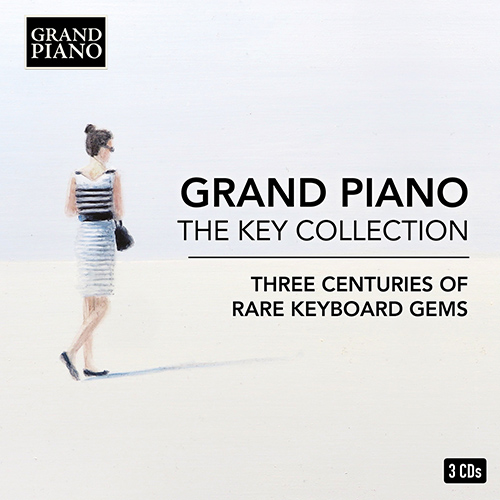
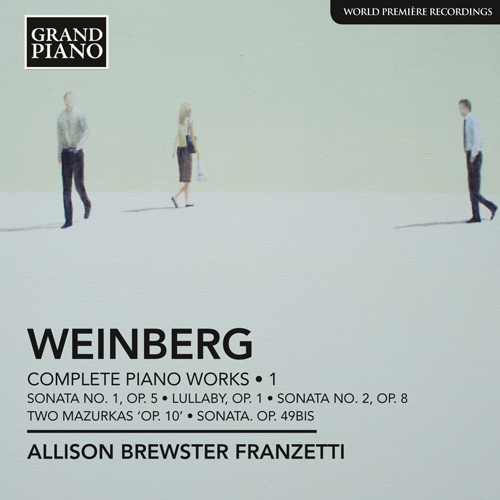
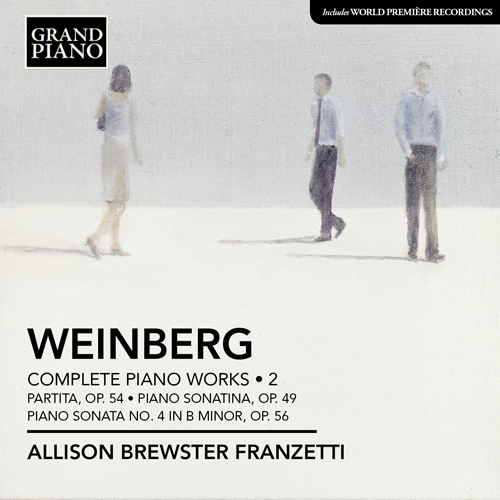
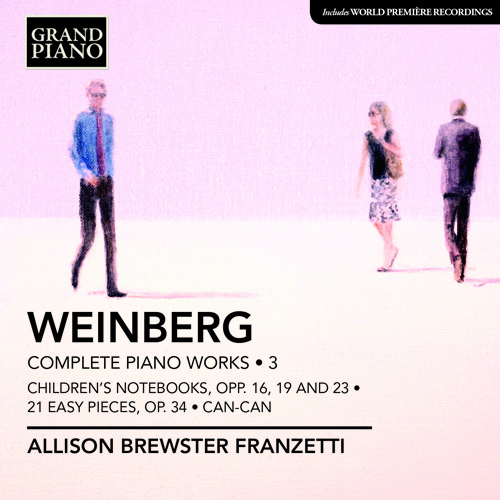
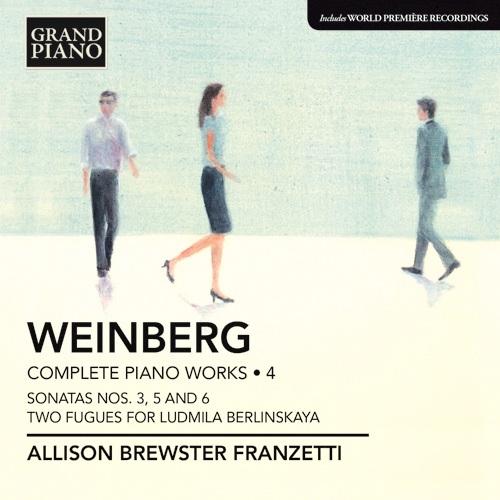
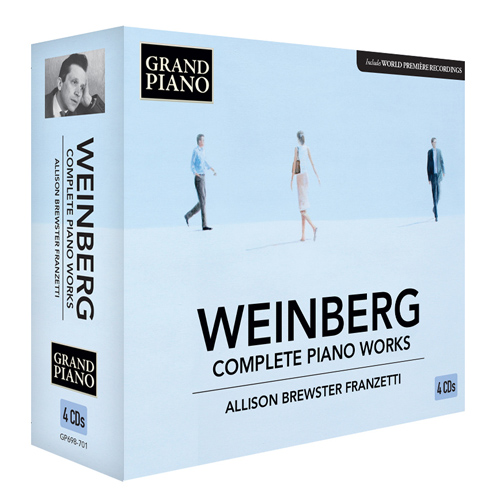
 Grand Piano has gained a reputation for producing high quality recordings of rare keyboard gems. Dedicated to the exploration of undiscovered piano repertoire, the label specialises in complete cycles of piano works by many lesser-known composers, whose output might otherwise have remained unknown and unrecorded.
Grand Piano has gained a reputation for producing high quality recordings of rare keyboard gems. Dedicated to the exploration of undiscovered piano repertoire, the label specialises in complete cycles of piano works by many lesser-known composers, whose output might otherwise have remained unknown and unrecorded.






